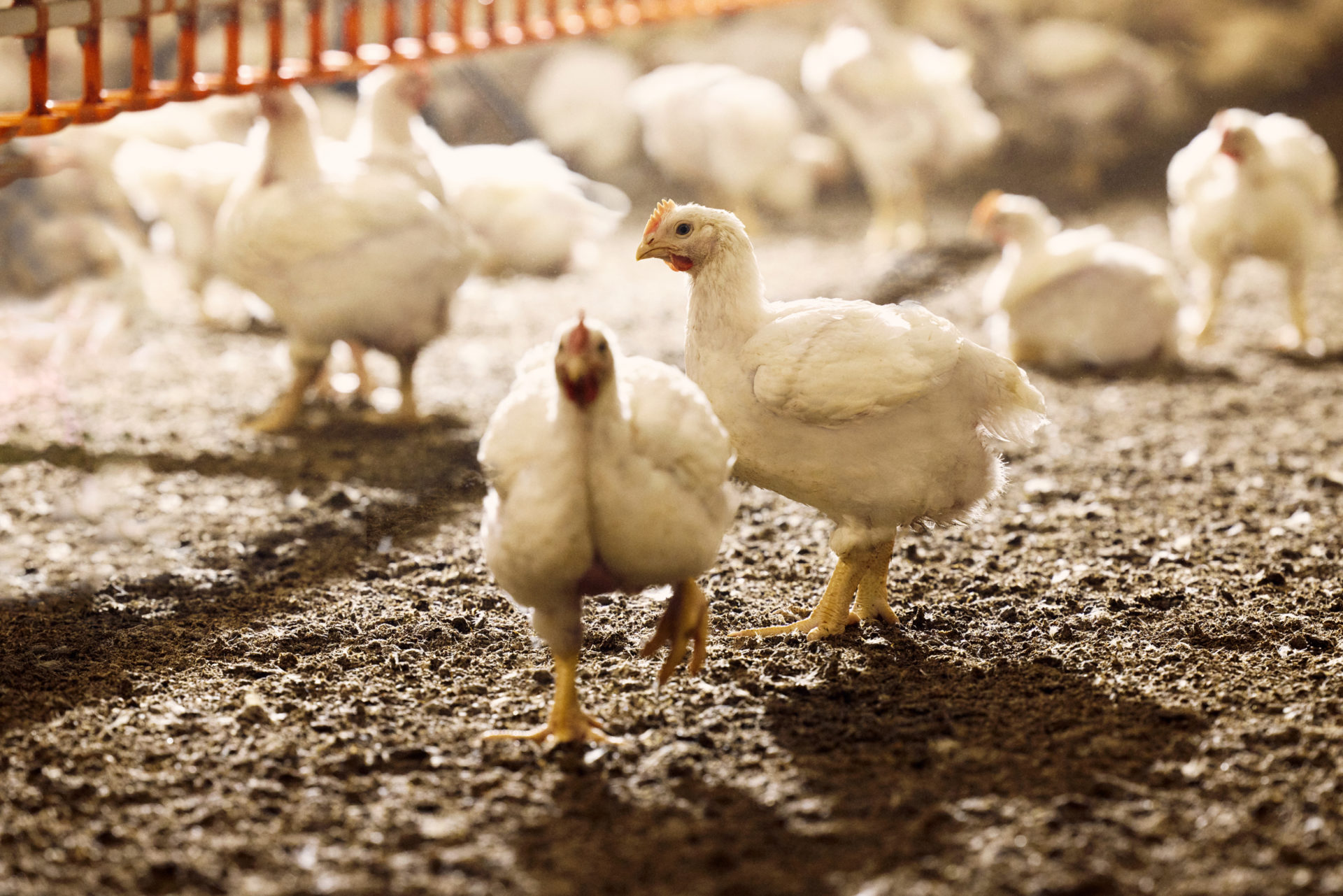
Strategy for sustainable and profitable growth
Scandi Standard aims to be a leader in animal welfare, environmental and social responsibility, and customer satisfaction. By combining the inherent strength of a large company group with the advantages of having a clear local presence, we can act quickly, be near our customers, and keep up sustainable and profitable growth. These four strategic areas summarize what is important for our continued development.
Increase the value of our protein
Scandi Standard’s business, production, and product development strategies aim to utilize the full bird and add value to our products, reducing food waste and concurrently strengthening our business.
Focus areas
- Improve utilization of the entire chicken with the aim of as much of the chicken as possible being turned into good food
- Drive growth in the Ready-to-eat segment
- Drive product innovation and invest in new technology
- Follow consumer trends carefully
- Increase collaboration with customers
Increased efficiency and resource use
Scandi Standard will continue streamlining its work methods and processes through standardization and collaboration to strengthen its competitiveness further.
Focus areas
- Maintain efficiency without compromising on safety, quality or sustainability
- Standardization, collaboration and synchronization
- System integration and development
- Increased automation
Better together
Scandi Standard promotes open communication and collaboration and secures mutual understanding of the company’s values and targets. A positive collaborative climate increases creativity, innovation, and a healthy, inclusive, and committed work environment.
Focus areas
- Create a safe and healthy workplace where every employee can develop
- Synchronize and calibrate targets and KPIs between countries and functions
- Develop leadership, teamwork and employee communication
- Develop Scandi Standard’s brand, culture and vision
Integrated sustainability
Scandi Standard is to be industry-leading in animal welfare with as little climate impact as possible. Therefore, the Group assumes responsibility for its impact on people and the environment throughout the value chain.
Focus areas
- Joint targets and standardized processes for reporting and follow-ups
- Local action plans where sustainability is an integrated part of our daily operations
- Increased efficiency and quality through better animal welfare and products produced with less climate impact